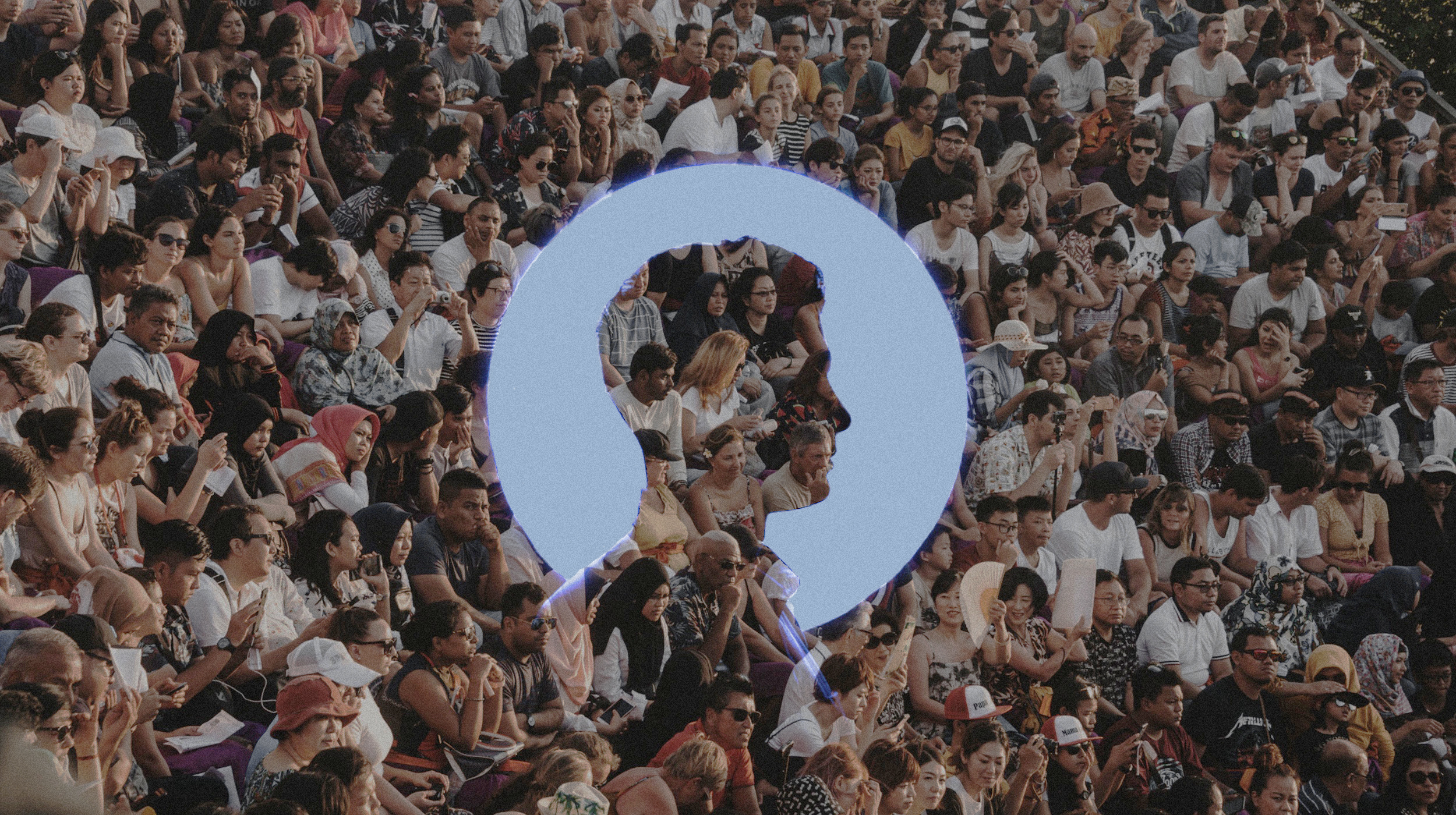philosophy
Life is absurd, that detail can be the start of a great many things.
New research identifies 16 different COVID-19 personality types and the lessons we can learn from this global pandemic.
Lovers are parted from lovers, (grand)parents from children, families from their dead.
Answering the question of who you are is not an easy task. Let’s unpack what culture, philosophy, and neuroscience have to say.
▸
12 min
—
with
Max Planck Institute scientists crash into a computing wall there seems to be no way around.
Knowing what to do is one thing, doing it is another.
To understand ourselves and our place in the universe, “we should have humility but also self-respect,” Frank Wilczek writes in a new book.
How would the ability to genetically customize children change society? Sci-fi author Eugene Clark explores the future on our horizon in Volume I of the “Genetic Pressure” series.
The Persian polymath and philosopher of the Islamic Golden Age teaches us about self-awareness.
Imagine Heraclitus spending an afternoon down by the river…
Learn how to practice “self-indifference.”
Nihilism is not a choice or intellectual commitment, but a feeling that simply arrives.
Take a journey through the maze of interpretations of one of the most famous paintings in history.
The author of “Auroville: The City Made of Dreams” talks about the difficulties of establishing (and writing about) utopian societies.
For several weeks after considering the ethics of eating meat, participants in an experiment changed their eating habits.
As morally sturdy as we may feel, it turns out that humans are natural hypocrites when it comes to passing moral judgment.
▸
5 min
—
with
Philosophers have been asking the question for hundreds of years. Now neuroscientists are joining the quest to find out.
▸
6 min
—
with
Shannon Lee shares lessons from her father in her new book, “Be Water, My Friend: The Teachings of Bruce Lee.”
▸
6 min
—
with
Historian Rutger Bregman argues that the persistent theory that most people are monsters is just wrong.
▸
6 min
—
with
In “The Immortality Key,” Brian Muraresku speculates that the Eucharist could have once been more colorful.
Everyone loves a laugh now and then, except for most of the philosophers you’ve heard of.
When we limit the clash of ideas, we ultimately hinder progress for the entire society.
How can we learn from the lessons of the past and build a better future?
Logic puzzles can teach reasoning in a fun way that doesn’t feel like work.
Can we stop a rogue AI by teaching it ethics? That might be easier said than done.
In some situations, asking “what if everyone did that?” is a common strategy for judging whether an action is right or wrong.
Humans help each other in ways animals don’t dream of, but why?
What do we want to do with convicted criminals? Penology has several philosophies waiting to answer that question.
This space expansionist ideology marked the beginning of what Arendt called “earth alienation.”





























